Publications
Articles, publications, books, tools and multimedia features from the U.S. Institute of Peace provide the latest news, analysis, research findings, practitioner guides and reports, all related to the conflict zones and issues that are at the center of the Institute’s work to prevent and reduce violent conflict.

Nancy Lindborg on Iraq Rebuilding After ISIS
Following her trip to Iraq, Nancy Lindborg discusses the country’s efforts to rebuild after ISIS. “They’ve [ISIS] been deprived of their territory … rebuilding is under way. But, there is very much a sense that the ISIS ideology is alive and well and there are a lot of concerns overall about security,” says Lindborg. “There has been important progress, but it’s very precarious and completely reversible.”
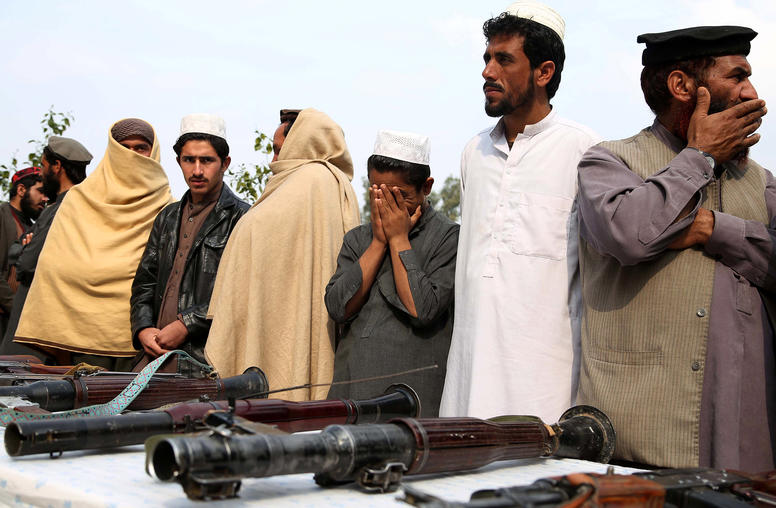
Options for Reintegrating Taliban Fighters in an Afghan Peace Process
A central issue for Afghanistan in achieving stability is making long-lasting peace with the Taliban. The success of any such agreement will depend in large part on whether Taliban commanders and fighters can assume new roles in Afghan politics, the security forces, or civilian life. This report explores that question, drawing on lessons from how similar situations unfolded in Burundi, Tajikistan, and Nepal.

Leanne Erdberg on the Psychology Behind Terrorism
Nearly 20 years after 9/11, determining the profile of someone who is going to join a terrorist group remains a deeply challenging effort. For too long we have looked at simple explanations— like poverty or lack of education—for why people join violent movements. Erdberg discusses a new project to investigate the psychology and neuroscience that motivates people to resort to extremism.
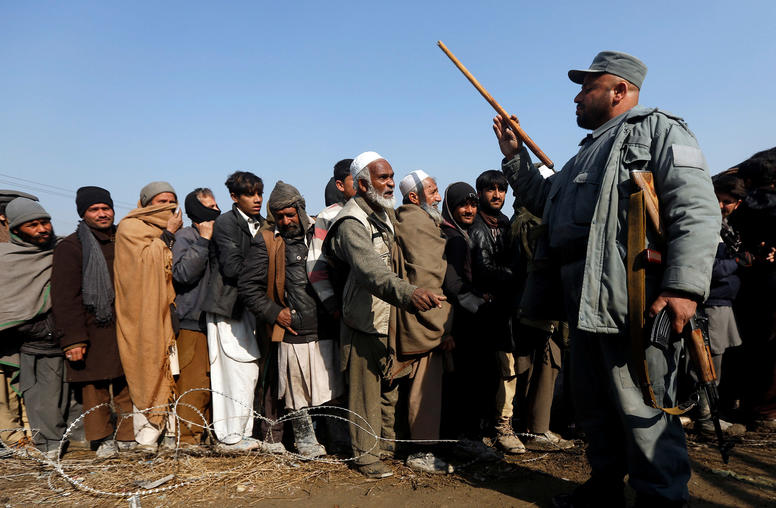
Displacement and the Vulnerability to Mobilize for Violence: Evidence from Afghanistan
Forced displacement affects over 70 million people worldwide and is among the most pressing humanitarian and development challenges today. This report attempts to ascertain whether a relationship exists between displacement in Afghanistan and vulnerability to recruitment to violence by militant organizations. The report leverages an understanding of this relationship to provide recommendations to government, international donors, and others working with Afghanistan’s displaced populations to formulate more effective policies and programs.
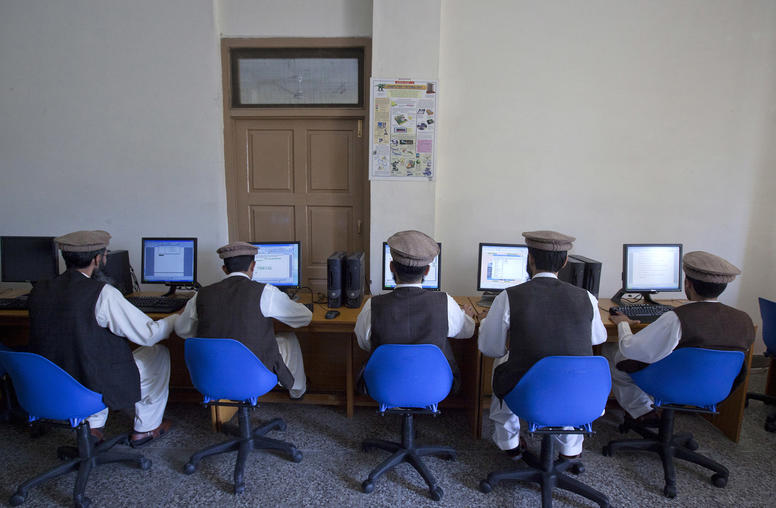
Understanding Pakistan’s Deradicalization Programming
Pakistan has struggled with Islamic militancy since the rise of the mujahideen in the 1980s. In the late 2000s, the Pakistan Army began establishing rehabilitation centers in the Swat Valley in an effort to deradicalize former Taliban fighters and other militants and reintegrate them into their communities. This report contrasts Pakistan’s deradicalization approach with the community-based program used in Denmark and the widely different prison-based program used in Saudi Arabia, and identifies areas in which the army’s approach could benefit from more extensive partnering with civilian-based organizations.
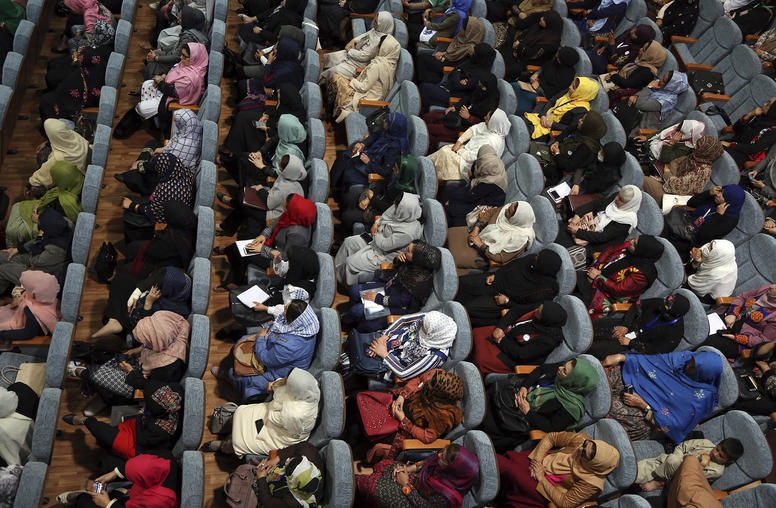
Afghan Women’s Views on Violent Extremism and Aspirations to a Peacemaking Role
Recent efforts at settling the decades-long conflict in Afghanistan have featured an increasingly vibrant and visible display of women’s activism. Even with the support of the government and its international partners, Afghan women still face tremendous challenges to realizing their aspirations for a role in peacemaking. Based on extensive interviews throughout Afghanistan, this report attempts to better understand the changing public role of Afghan women today and their contributions to peacebuilding and ending violence.
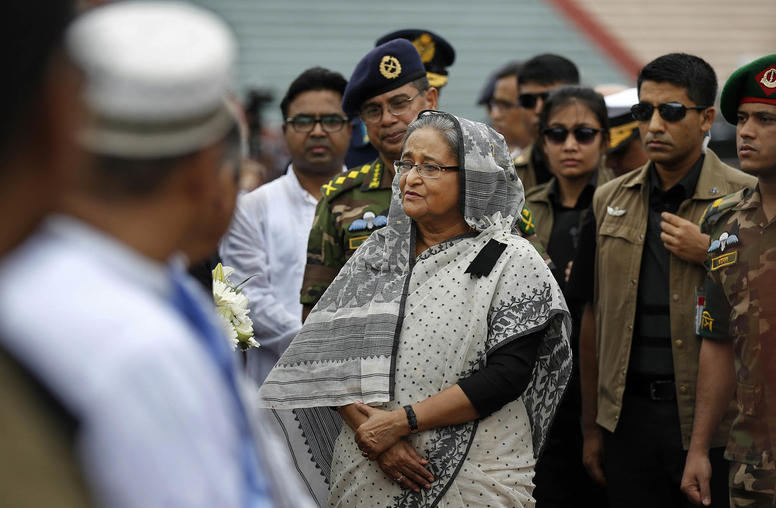
The Persistent Challenge of Extremism in Bangladesh
On July 1, 2016, Bangladeshi militants carried out an attack, targeting mostly foreigners and non-Muslims, at the Holey Artisan Bakery in Dhaka. The Bangladeshi government responded to the attack with a concerted and controversial counterterrorism campaign. Although the number of terrorist incidents has been in steady decline since 2016, Islamist groups continue to operate, recruit, and carry out small-scale attacks while aspiring to perpetrate greater violence. This report examines the dynamics, drivers, and manifestations of extremism in Bangladesh and discusses measures to weaken its appeal.
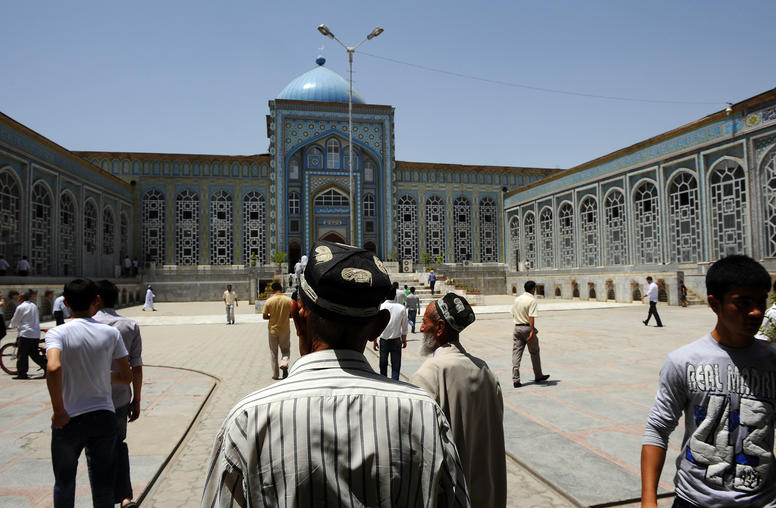
Processes of Reintegrating Central Asian Returnees from Syria and Iraq
In the wake of the loss of the Islamic State’s territorial holdings, the return of foreign fighters and their families to their home countries is a top international concern. Among the short list of governments that have initiated repatriation programs, the Central Asian republics of Kazakhstan, Tajikistan, and Uzbekistan stand out. This report examines the different approaches the three countries have taken and draws important lessons for other nations considering their own repatriation and reintegration programs.
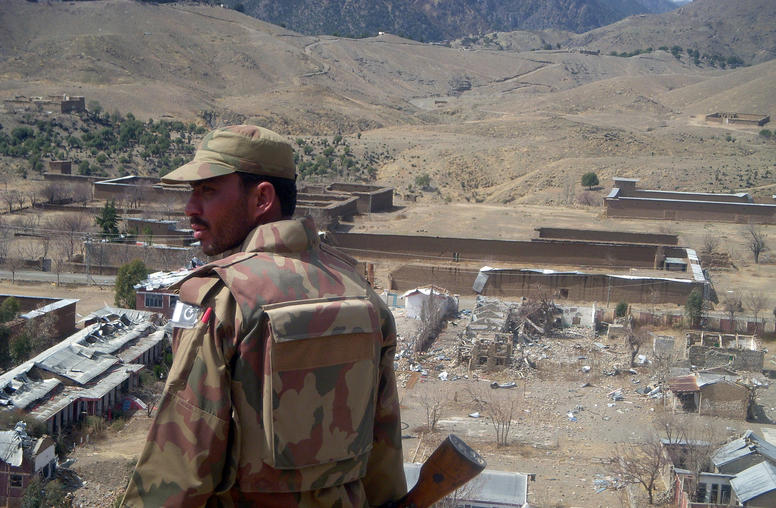
The Evolution and Potential Resurgence of the Tehrik-i-Taliban Pakistan
Following its formation in 2007, the Tehrik-i-Taliban Pakistan (TTP) emerged as one of Pakistan’s deadliest militant organizations. Military efforts severely curtailed the TTP’s ability to launch attacks by 2016, but recent signs—including a deadly attack in Quetta on April 21—suggest the group is attempting to rebuild its operational capacity. This report charts the rise and decline of the TTP and explores options for the Pakistani state, with cooperation and support from the United States, to stifle its resurgence.
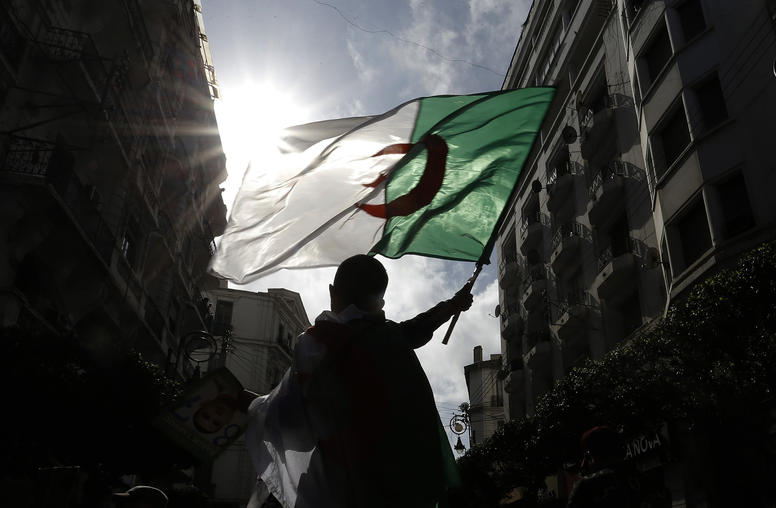
Motives, Benefits, and Sacred Values: Examining the Psychology of Nonviolent Action and Violent Extremism
What motivates one person to engage in acts of violent extremism, while others choose to pursue change through nonviolent action? This report is based on pilot research into the psychological and social dynamics of a nonviolent resistance group—Algeria’s Hirak movement—that employs some of the same measures used to study participation in violent extremist organizations. A deeper understanding of these dynamics, it is hoped, will help practitioners, policymakers, and researchers to identify and support paths away from violent extremism and to strengthen and sustain engagement in nonviolent action.